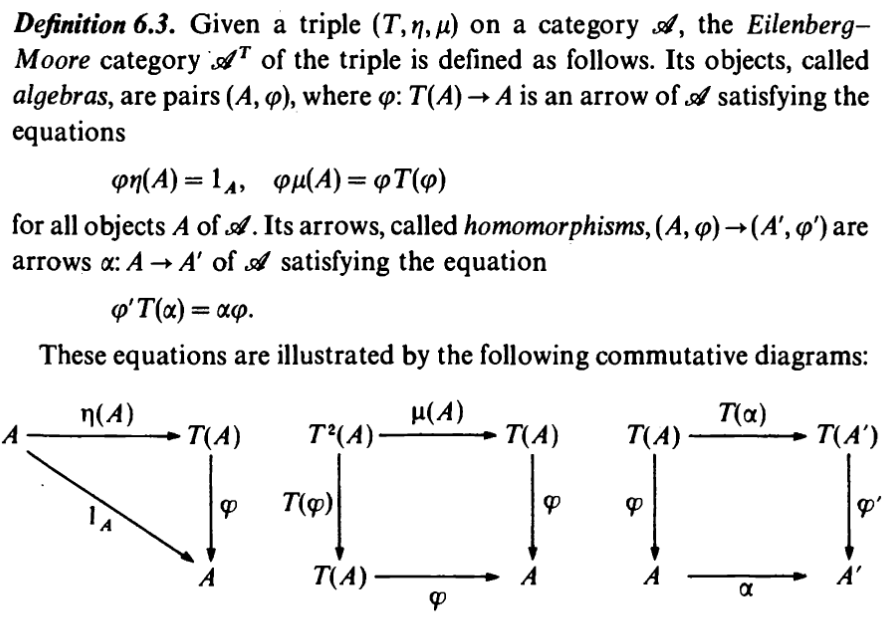Entry tags:
(no subject)
“...from the eminent psychologist Jerome Bruner: “A good story and a well-formed argument are different natural kinds. Both can be used as means for convincing another. Yet what they convince of is fundamentally different: arguments convince one of their truth, stories of their lifelikeness. The one verifies by eventual appeal to procedures for establishing formal and empirical proof. The other establishes not truth but verisimilitude.”
“...from the American novelist and critic Ronald Sukenick: “All fiction can be profitably regarded as argument. When you define fiction by representation you end up confining it to realism at some level and arguing that fiction, as a form of make-believe, is a way of lying to get at the truth, which if not palpably stupid is certainly round-about and restrictive. My approach frees fiction from the obligations of mimesis, popularly, and most often critically, assumed to be its defining quality.”
An important qualification to this argument is that there is not necessarily any single privileged way of reading the conflict in a story, or sometimes even defining what or who it involves. This sounds extreme, but it can be especially true in longer and more complex narratives like the story of Oedipus.
--- Abbott, H. Porter. “The Cambridge Introduction to Narrative (Cambridge Introductions to Literature).”



